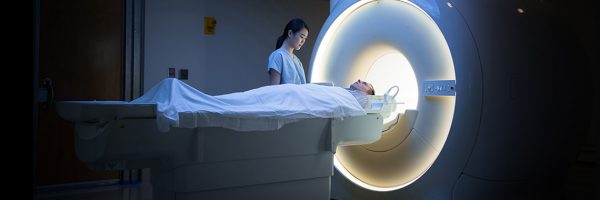
About Course
Course Duration : 3 Years
Course Fee : As per University Of Kashmir Hazratbal Srinagar
Course Eligibilty : 12th With Science
A Bachelor of Science (BSc) in Radiology is a specialized undergraduate program designed to provide students with comprehensive knowledge and skills in the field of medical imaging and radiological sciences. This program is particularly crucial in the healthcare sector, as radiology plays a vital role in diagnosis and treatment planning. Here’s a description of BSc Radiology in India, including its course duration:
Program Overview: BSc Radiology is a three-year undergraduate degree program that combines theoretical knowledge with practical training in medical imaging techniques. The curriculum is designed to equip students with the expertise required to operate imaging equipment, interpret medical images, and collaborate effectively with healthcare professionals.
Course Duration: The BSc Radiology program typically spans three academic years, divided into six semesters. Each semester comprises a set of courses that progressively build on the students’ understanding of radiological sciences. The program includes both classroom lectures and hands-on clinical training to ensure a well-rounded education.
Curriculum Highlights: The curriculum of BSc Radiology covers a range of subjects to provide students with a strong foundation in medical imaging. Some of the key areas of study include:
Basic Medical Sciences: Anatomy, Physiology, and Pathology to understand the human body and its functions.
Radiographic Techniques: Principles and techniques of radiography, fluoroscopy, and other imaging modalities.
Radiation Physics and Protection: Understanding the physics of radiation, its interaction with matter, and safety measures for both patients and healthcare professionals.
Imaging Anatomy: Detailed study of the anatomy as seen through various imaging techniques.
Clinical Training: Hands-on training in hospitals or imaging centers to apply theoretical knowledge to real-world situations.
Patient Care and Communication: Developing skills in patient care, effective communication, and ethical considerations in the field.
Career Opportunities: Upon successful completion of the BSc Radiology program, graduates can pursue various career paths, including:
Radiologic Technologist: Operating imaging equipment to create diagnostic images.
Radiology Technician: Assisting radiologists in performing diagnostic procedures.
Medical Imaging Specialist: Specializing in specific imaging modalities, such as CT scans, MRI, or ultrasound.
Healthcare Administrator: Managing radiology departments in healthcare facilities.
Research Assistant: Contributing to research in medical imaging and radiological sciences.
Conclusion: BSc Radiology is a dynamic program that prepares students for rewarding careers in healthcare, contributing to the crucial field of medical imaging. The combination of theoretical knowledge and practical experience ensures that graduates are well-prepared to meet the challenges of the ever-evolving healthcare industry.
